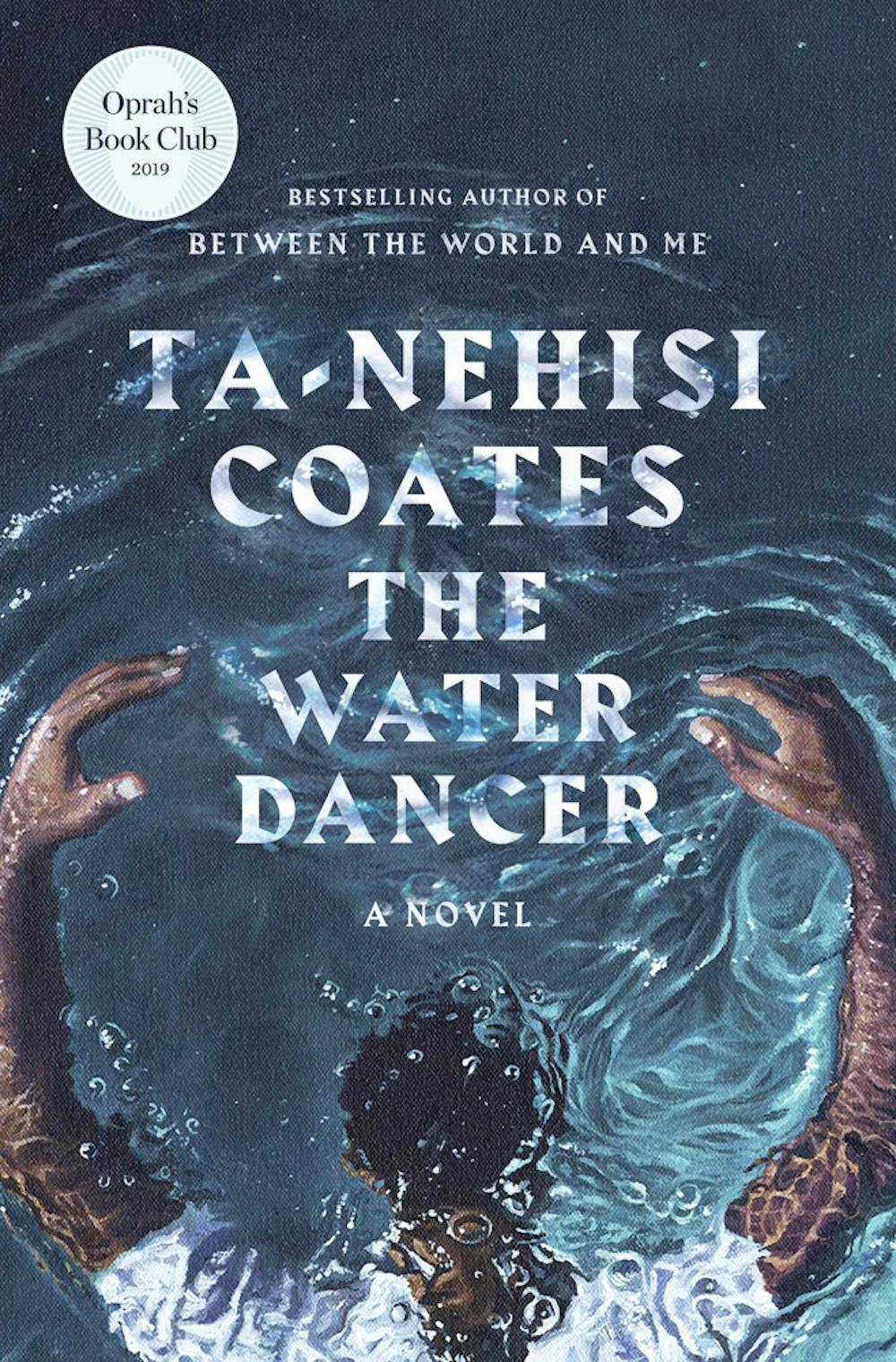Because February is Black History Month, we’ll look at African American authors, both well-known and obscure, throughout the month. The first one will be “The Water Dancer” by Ta-Nehisi Coates, who is known for his book “Between the World and Me,” in which he writes a letter to his son about being African American. While “Between the World and Me” was more autobiographical, “The Water Dancer” is a piece of historical fiction that got rave reviews at its debut in September, with over four stars and 20,000 ratings on Goodreads (and as a person who spends a lot of time looking at books on Goodreads, this is quite a feat).
Hiram Walker was born into slavery. At a young age, his mother was sold away and Hiram can’t seem to grasp any memory of her, despite his photographic memory. Around this same time, however, he was gifted with a mysterious power. Years later when he’s an adult, when Hiram almost drowns in a river, that same power comes back and saves his life. This is the catalyst for a series of events where Hiram only has one thing on his mind: to escape from the only place he’s ever known or abandon those who he grew up with, the only people he’s ever known. This urgency that Hiram develops takes him on a path that allows him to see the corruption behind Virginia’s plantations, guerrilla cells in the wilderness and the underground war between slavers and the enslaved.
Coates uses this new narrative historical fiction to allow himself to play with prose and emotion, and most sections of the story could be seen as lyrical and delicate, despite the fact that he is talking about one of the worst times in the United States, but there is an undercurrent of tension. Every once in a while though, usually when the reader will least expect it, Coates talks frankly and unapologetically about the horrors of slavery, what it’s like to be dehumanized and the trauma these people must have been going through. I think this comes from Coates’ want to show Hiram’s hesitance and uncertainty, so he treads lightly for most of the book – figuring out who to trust, where to go, what to do – and to show that there was so much planning and strategizing going on behind the scenes of the Underground Railroad, that it wasn’t just fighting and violence.
Even though Hiram is so uncertain, the reader can see at the parts where Coates speaks about slavery and dehumanization that Hiram is struggling to come to terms with these facts and truths for himself, which makes the impact that much more powerful. When he speaks about these subjects, however, he still keeps a lyrical, almost hypnotic, note to his writing. Two great examples of this are in the following lines:
“To strip a man down, condemn him to be beaten, flayed alive, then anointed with salt water, you cannot feel him the way you feel your own. You cannot see yourself in him, lest your hand be stayed, and your hand must never be stayed, because the moment it is, the Tasked will see that you see them, and thus see yourself.”
“Time would come when gold would outweigh blood. But this was still Virginia of old, where a dubious God held that those who would offer a man for sale were somehow more honorable than those who effected that sale.”
Authors can so often fall into the trap of under developing background characters, but I don’t believe Coates does this at all. Obviously there are unnamed assailants and racists who serve the purpose of moving the story along, but also other characters like Hiram’s father, brother, Thena, Sofia and Corinne. Thena especially could have been made into such a two-dimensional character but Coates developed her slowly throughout the book, showing the reader why she was so tough on Hiram, what caused her to think a certain way and what was behind her own suffering.
It took Coates 10 years to finish the story, and it shows in the detail and introspection that he displays. The biggest downside is that, at points, it slows down just a little too much and I found my mind wandering. Coates speaks in an interview with CBS about how he wanted to bring a story of an individual slave into the fictional realm since most other slavery stories are broad, so this slowing down at parts, I think, is to remind the reader that he is human, not everything in his life is done all at once and that Hiram’s goals, just as anyone else’s, take time.
This book is great for anyone who loves historical fiction, supernatural powers and gifts, or for anyone who wants to read more from authors of color.














